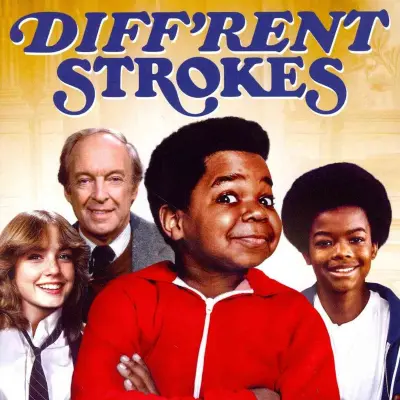Very Special Episodes can actually be life-changing for viewers
-

"Very Special Episodes — i.e., the ones in which a TV series would take a break from its regularly scheduled programming to deal with a difficult or controversial subject (like The Next Generation’s two-part school shooting arc) — are as old as television itself," says Desi Jedeikin. "Case in point: Leave It to Beaver grappled with divorce, and The Andy Griffith Show tackled alcoholism. But they really took off in the 1970s when TV legend Norman Lear wove the social issues of the era into his numerous prime-time hits. I’m talking some pretty dark stuff, too, including Edith’s sexual assault on All in the Family and the now legendary abortion storyline on Maude, both of which were revolutionary and redefined what a sitcom could be. Lee Gambin, author of Tonight, On A Very Special Episode: When TV Sitcoms Sometimes Got Serious, says the left-leaning sentiments of shows like Maude were early flashpoints in the culture war. As such, conservatives regularly railed against Hollywood’s subversive influence. But once Ronald Reagan was elected president, Gambin says, 'conservatives started realizing that they could use Very Special Episodes as a tool to promote their own agenda. That’s when you started seeing Nancy Reagan show up on shows like Diff’rent Strokes, peddling her Just Say No campaign.'"
TOPICS: Diff'rent Strokes, Very Special Episodes
More Diff'rent Strokes on Primetimer:- Live in Front of a Studio Audience did not go off the rails, but Norman Lear had to be bleeped and the A-listers kept cracking up
- Jimmy Kimmel spent years trying to get Kevin Hart to play Diff'rent Strokes' Kevin Arnold on Live in Front of a Studio Audience
- TV Today: ABC's Live In Front of a Studio Audience Tackles Facts of Life and Diff'rent Strokes
- Diff’rent Strokes and The Facts of Life are getting the Live in Front of a Studio Audience treatment
